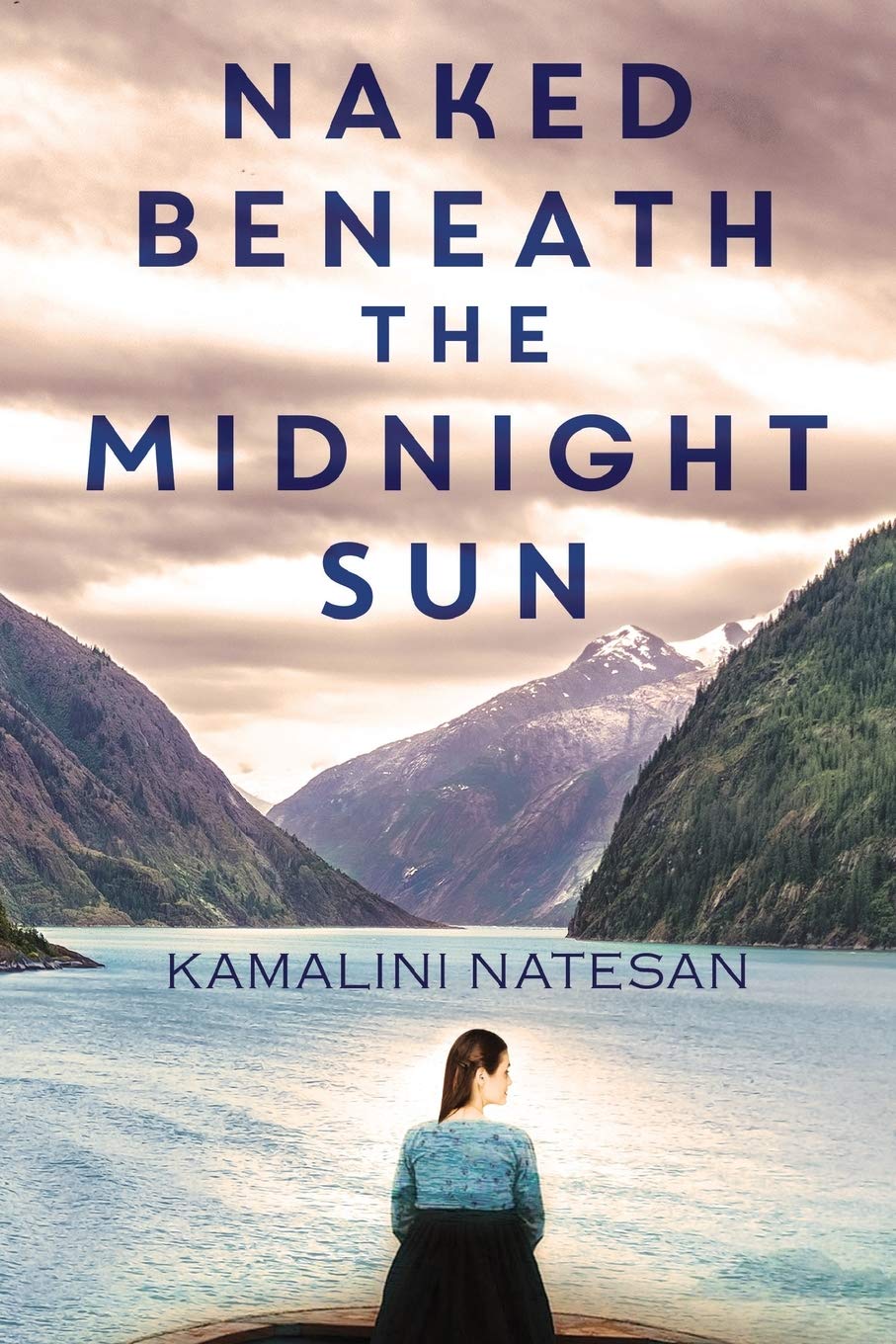 One comes by a debut novel of this nature but seldom, and Owens has done a splendid job of it.
One comes by a debut novel of this nature but seldom, and Owens has done a splendid job of it.
The last one that had moved me to my core was Educated by Tara Westover. This one has the kind of immersive quality – I was living in the marshes with young Kya, feeding the seagulls, riding the waves and falling in love.
The story of a family, that is removed from a regular city-bred one, had me from the word go. The father of the family- an abuser; the mother, prey, as much as the children, who leave one by one, after the mother walks away from this miserable life, barely aware she’s abandoning her youngest child. Kya is the only one left after all, at age six.
The manner in which Kya longs for her mother to return, year after year, has a plaintive and poetic quality to it- as much as it holds stark pain; it hit the maternal chord in me- the one that yearns for the sweetness of family bonds, and a togetherness like none other. I felt it hard; the writing has that searing quality, which tends to strike those very nerves which leave you trembling with a kinship arising from the pages, as you turn them, hoping for some salvation.
 The entire novel is an emotional roller-coaster of a ride- strewn with nuggets of wisdom. The isolation that Kya has to come to terms with, is heart-wrenching.
The entire novel is an emotional roller-coaster of a ride- strewn with nuggets of wisdom. The isolation that Kya has to come to terms with, is heart-wrenching.
Kya’s story is unique- her untouched innocence is refreshing, as much as it is scary. In a world like ours, a raw and pure being like her would not survive, and it is her character, which raises the narrative to a genre all its own. She identifies completely with the marsh, and is nicknamed ‘the Marsh girl’. She is the marsh.
She grows up, eventually, on her own- surviving each day, learning of loneliness as an intrinsic part of her marsh life, even as she blossoms and yearns to be held and touched.
When she sees deer, she puts to good use a lesson learnt from watching wild turkeys: ‘if you act like a predator, they act like prey.’
She goes to school but for one day, yet she knows so much more than any educated person. It is worthwhile to note, Kya is a born naturalist, and all she has learnt is by keenly observing nature, living amidst the natural bounty of the swamps and marshland.
She cannot read- but Tate walks into her life and teaches her. It transforms her in more ways than she imagined it could.
Her heart is full as she falls for the young boy.
Tate says, “You can read, Kya. There will never be a time again when you can’t read.”
“It ain’t just that.” She spoke almost in a whisper. “I wasn’t aware that words could hold so much. I didn’t know a sentence could be so full.”
She also wants to touch Tate, but dare not. So, “instead she memorized the bluish veins on the inside of his wrist, as intricate as those sketched on the wings of wasps.”
The descriptions are staggering.
The narrative moves between 1952, and 1969- going back and forth. As the life of Kya unfolds, so does a murder inquest, in ‘present times.’ These timelines are skillfully tied in- moving at an even pace, between a six-year-old Kya, and then the grown woman that Kya blossoms into. There is no jerky, unstable telling- it’s all naturally interlaced, like a well-woven carpet.
Even as the search for the murderer gains momentum, and the mystery deepens, Kya’s life trundles along, with its difficulties and its emotional weight.
You ride along, coming up for air, when she breathes easy.
Food and Nature go hand-in-hand- there is a plethora of astounding beauty through the novel, as Kya and the reader watch and learn.
‘Crows can’t keep secrets any better than mud; once they see something curious in the forest, they have to tell everybody. Those who listen are rewarded: either warned of predators or alerted to food.”
Where the crawdads sing, Kya’s ma had told her, was ‘far in the bush where critters are wild, still behaving like critters.’: beyond the beyond- in the wilds is where they sing. That’s where Kya would hide when she would be hunted down to be taken away to a foster home. But it never comes to that eventually. The beautiful Marsh girl thrives in the lush wilderness, because there is the intrinsic propensity in all humans to connect and grow, and to embrace our lot.
There are surprises too, and there is a lot of poetry. The novel breathes nature and love, and unmitigated loss.
It’s the whole package, and if you would wish to learn of a life that is worthy of the telling, then Where the Crawdads Sing, should be your next pick.
©kamalininatesan2020





beautiful. makes me want to explore this story immediately. thank you.
Interesting Barbara. Thank you for your appreciation.